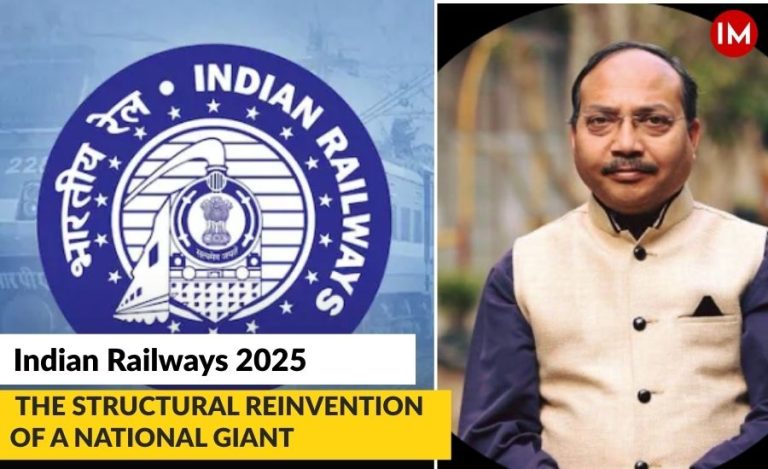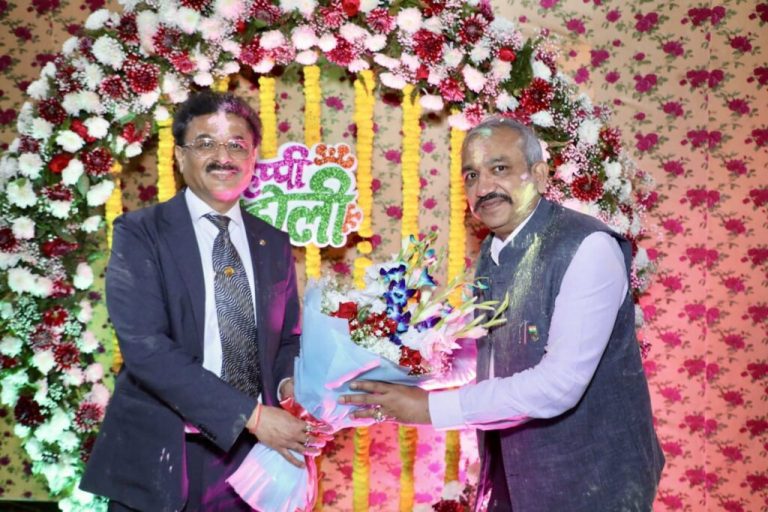In the bustling heart of India’s capital city, New Delhi, July 1st marked not just another day, but the dawn of a new era in India’s legal landscape. As the clock struck midnight, new criminal laws took effect across the nation, promising to reshape the judiciary and deliver justice in a more modern and equitable manner.
The Bhartiya Nyaya Sanhita (BNS), Bhartiya Nagrik Suraksha Sanhita (BNSS), and Bhartiya Sakshya Adhiniyam (BSA) are the names of these new laws, which were passed by voice vote in both houses of Parliament last year. They aim to replace the outdated British-era Indian Penal Code (IPC), Criminal Procedure Code (CrPC), and Indian Evidence Act, respectively.
Among the notable changes, community service has been introduced as a punishment for six offenses. Additionally, stricter penalties are mandated for crimes against women. The amendments also allow for FIRs to be registered based on electronic information. Experts believe these reforms will significantly impact the judicial system, fostering considerable changes for the common people in the future.
To delve deeper into the implications of these laws, Indian Masterminds interviewed Seema Alawa, an MPPCS officer of the 1998 batch currently serving as Additional DCP in Indore.
Watch the Video Here-
The culmination of years of legislative debate and public outcry, these laws stood as pillars of reform. They emerged from the corridors of Parliament with bipartisan support, passing smoothly by voice vote—a significant departure from colonial vestiges.
From timely court rulings to expedited investigations and revised sedition clauses, including trials in absentia, these new criminal laws encompass a wide range of reforms. Courts are now required to issue rulings within 45 days of completing arguments, aiming to resolve cases promptly. Previously, the absence of such a timeframe led to prolonged cases. Additionally, the death penalty has been mandated for severe offenses, including gang-rape of a woman under 18 and mob lynching.
“This is a game-changer,” remarked Ms. Alawa. She further explained that India now has laws that are not only clearer and more transparent but also adaptive to the realities of our digital world.
“These three laws are now presented in a significantly improved, modified, and transparent form. The most significant advancement is that the court will now accept digital evidence as a valid document and duly recognize it,” she added.
The new laws include clauses mandating the videotaping of police actions. While the government has abolished sedition clauses, it has introduced a new clause to punish “acts endangering the sovereignty, unity, and integrity of India.”
According to many, the winds of change had indeed arrived, promising a judicial system that would evolve with the times, offering hope and assurance to those seeking redressal.
As the sun set over the horizon, casting an amber glow over the iconic Parliament House, the story of India’s legal evolution was etched in the annals of history. With optimism and resolve, the nation embarked on a journey where justice would not only be blind but swift, equitable, and inclusive-a beacon of progress for all to behold.



































